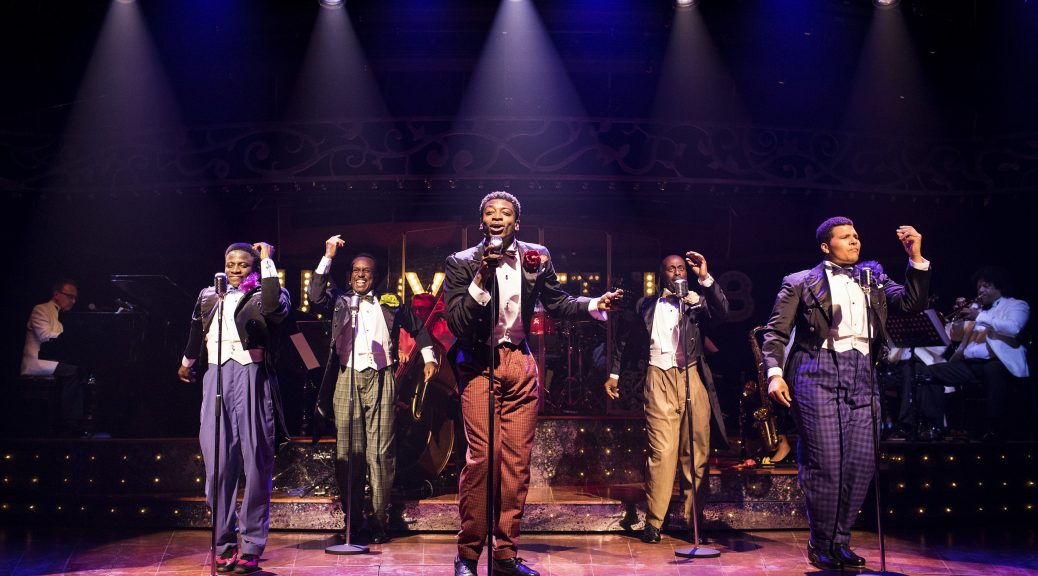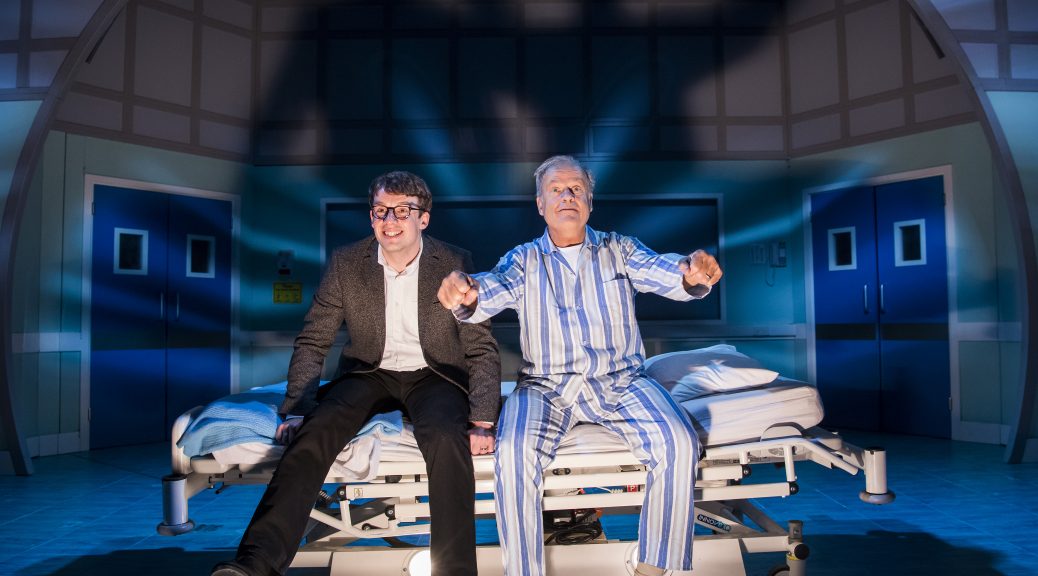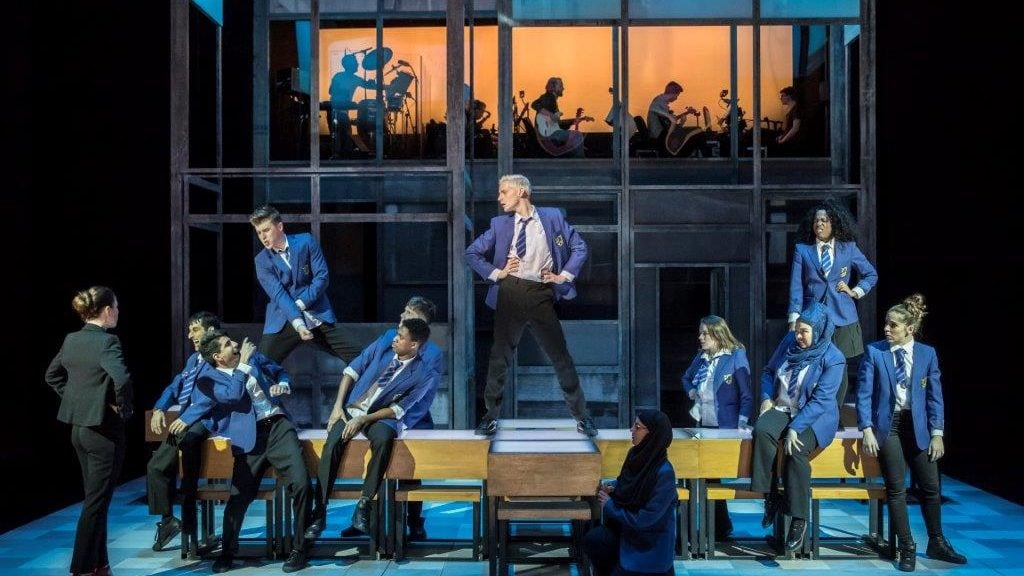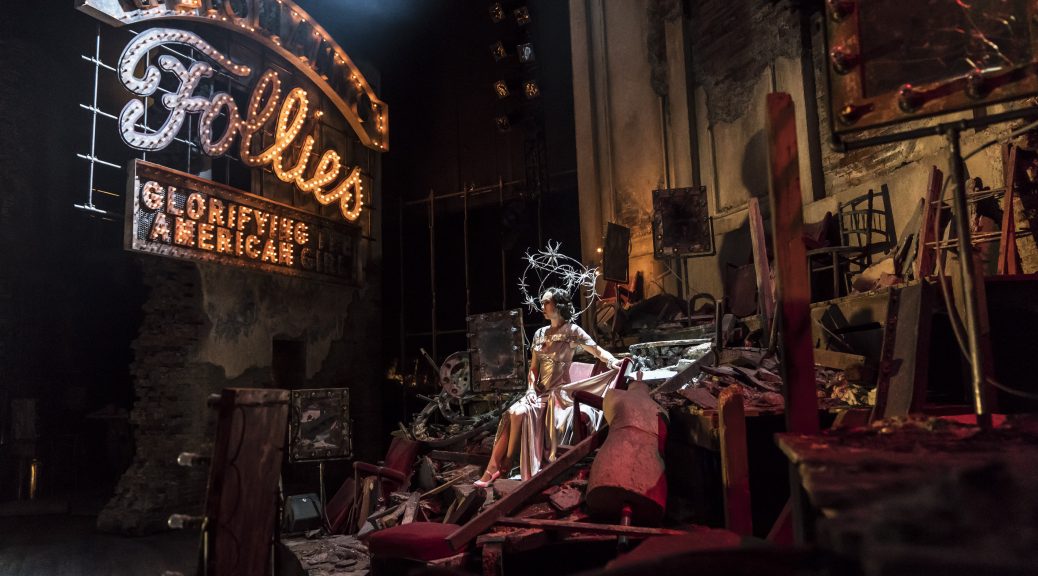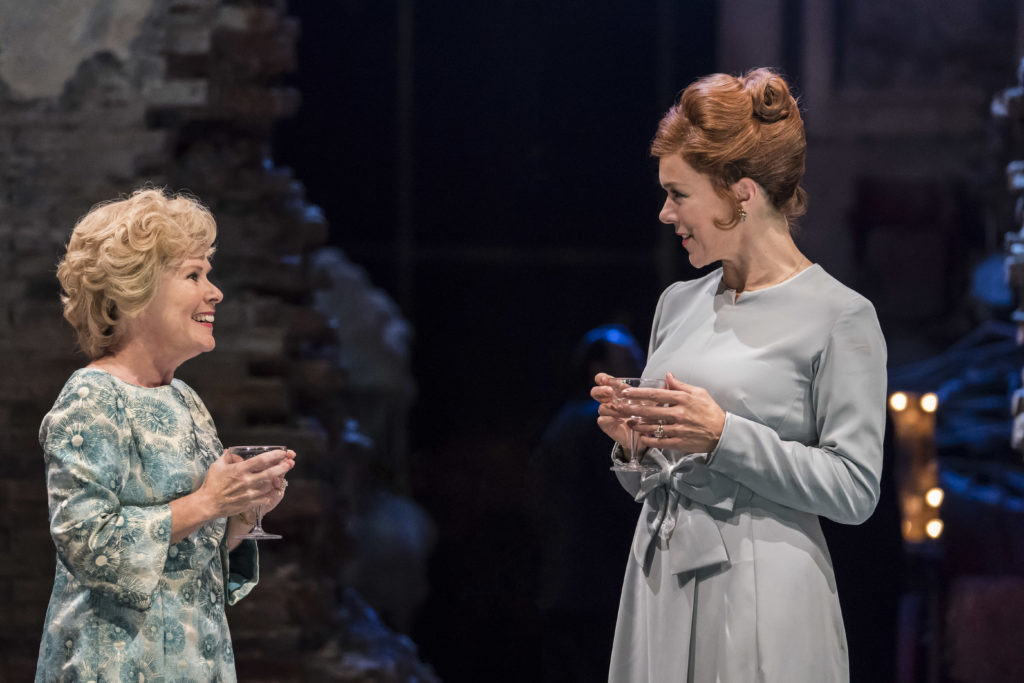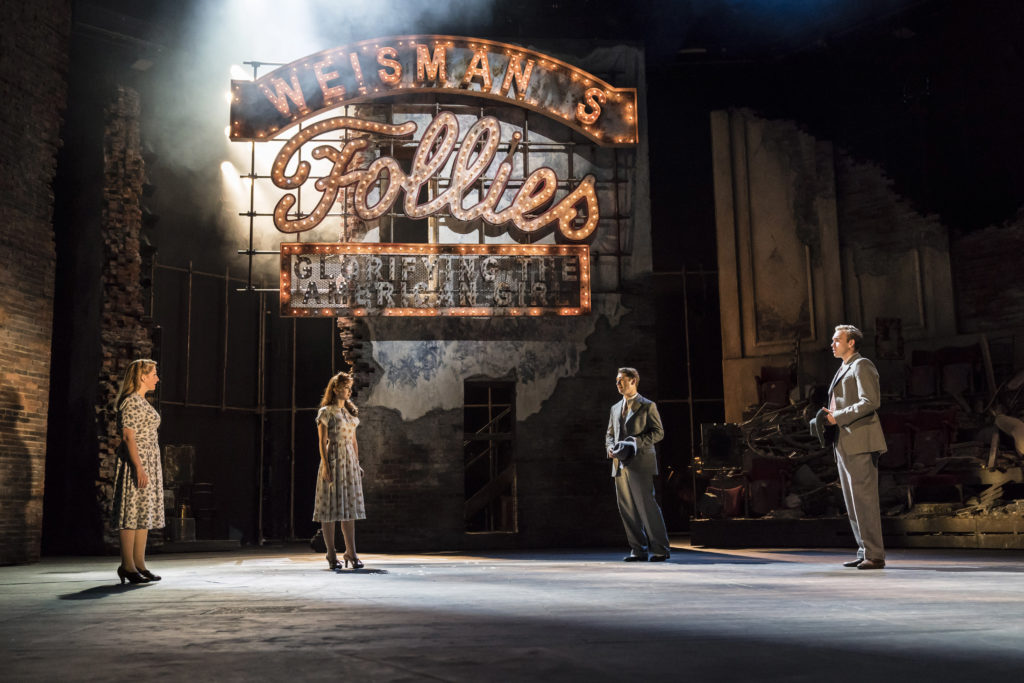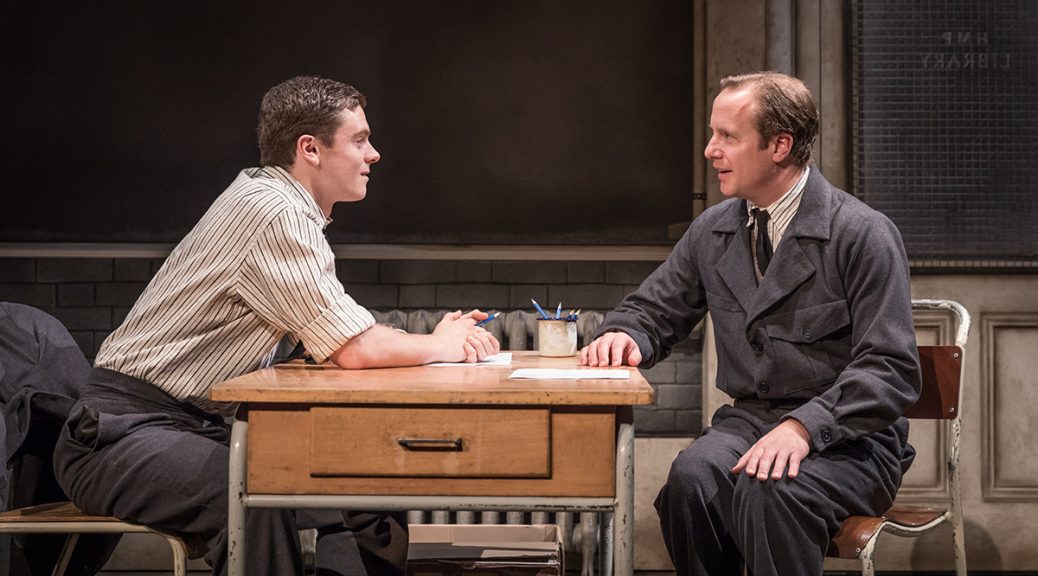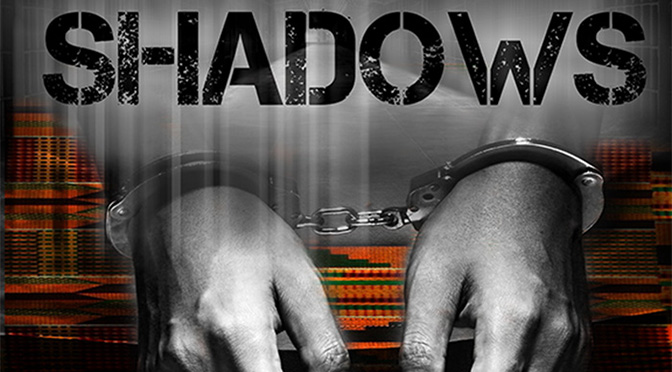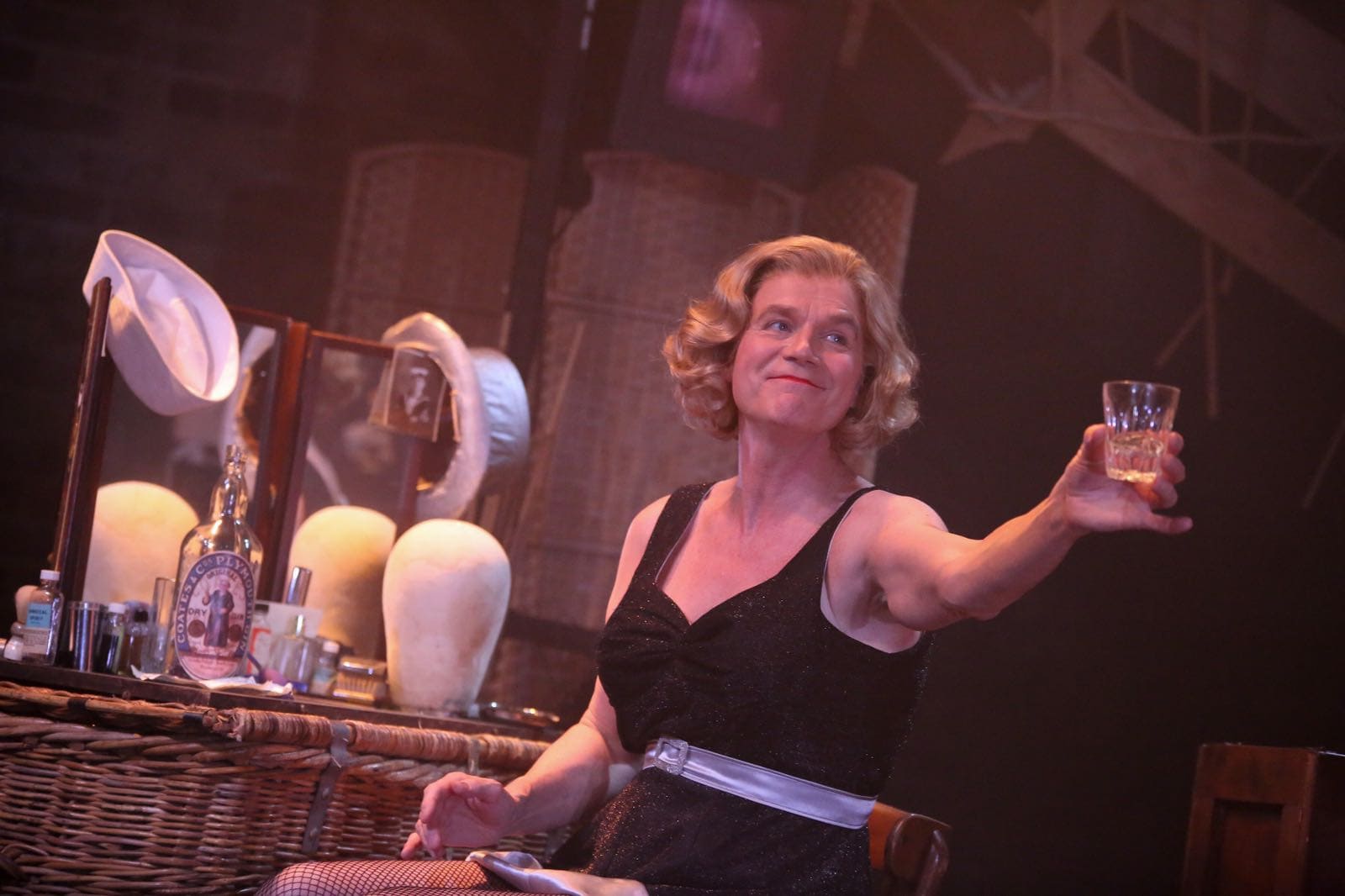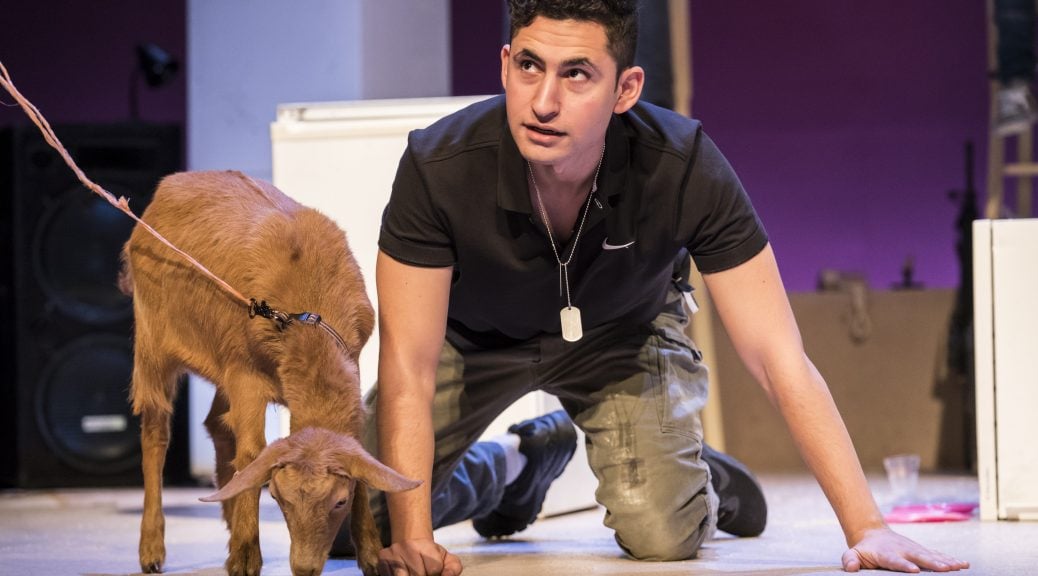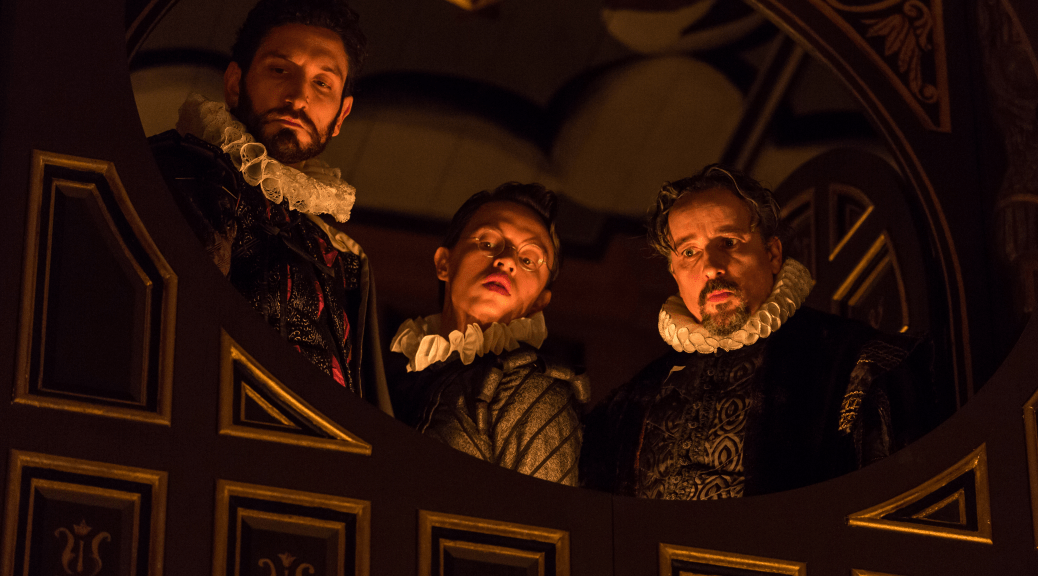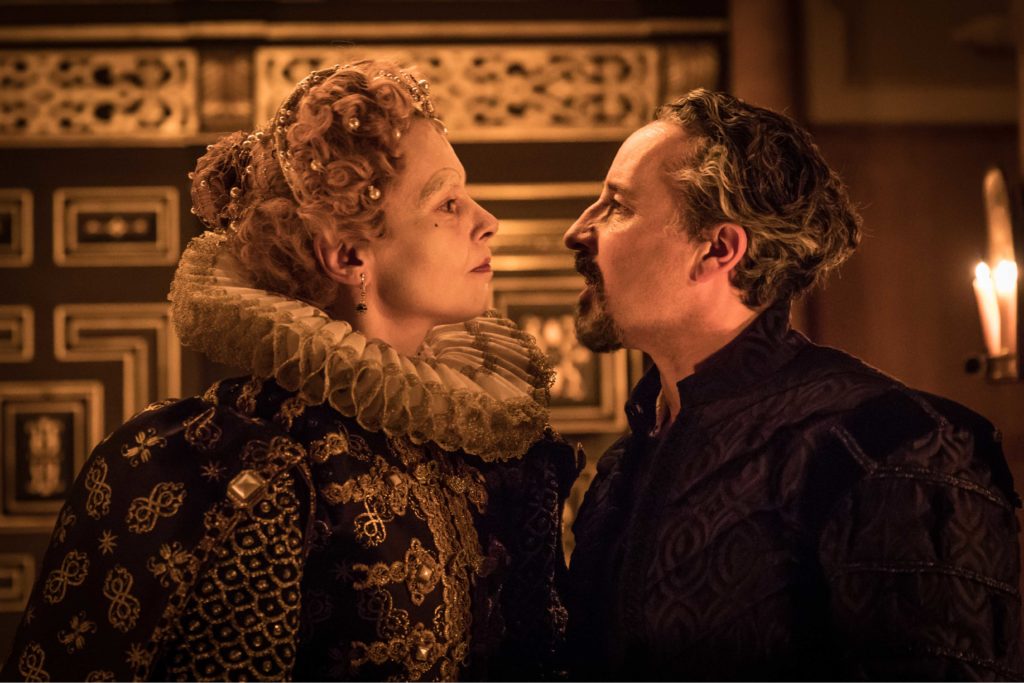A hit musical that ran for four years in the West End and transferred to Broadway, this revival boasts its own venue – a spiegeltent courtesy of Underbelly Productions. The pop-up feel is fun but doesn’t really evoke the New Orleans setting. And while the auditorium adds to the sense of an event, the show’s creator and director Clarke Peters uses it clumsily: a racetrack style stage, complete with a walkalator, is little used and creates a sense of distance for most of the audience. The lack of intimacy is a shame, given the terrific performances here.
A quintet of talented singers and dancers perform as the titular characters: they are all consummate showmen, sounding great with impressive moves. Ian Carlyle takes the lead in terms of sheer charisma, while Idriss Kargbo, arguably, has the best voice. Along with Emile Ruddock, Horace Oliver and Dex Lee, this is a team drilled to perfection – yet it makes the party atmosphere the show aims for feel natural. With little help from the script, the actors establish an otherworldly presence – their magical appearance is to impart wisdom on to a drunk with relationship problems called Nomax. This is a tricky role for Edward Baruwa (for too much of the piece he has little to do but stumble around), highlighting the weak story. Nomax’s problems are a slim scaffold for a revue show that in itself is excellent.
Peters’ musical knowledge, attested by his shows on Radio 4, is the overriding talent here; his passion and interest drive the musical, curating a selection of songs not to be missed. The numbers are mostly by Louis Jordan, grandfather of rock & roll and a chief architect of rhythm & blues. The entertaining lyrics are both heartfelt and humorous. The music combines adventurous experimentation with a slick confidence and Jordan’s massive influence makes listening fascinating. Many might be tempted to ignore Five Guys Named Moe as a jukebox musical, and its problems are familiar ones for the genre. But the soundtrack is inspirational, the pacing perfect and the performances excellent.
Until 24 March 2018
Photo by Helen Maybanks

